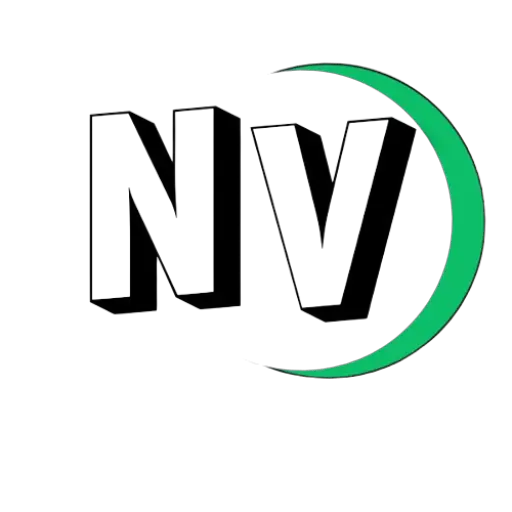Nigeria is renowned for its rich cultural diversity, with a tapestry of languages that reflect its multifaceted heritage. With over 500 languages spoken, it stands as one of the most linguistically diverse countries in the world. Understanding the top 10 languages in Nigeria not only offers insight into its cultural complexity but also underscores the unity within its diversity. Here’s a closer look at the most widely spoken languages in Nigeria according to the research by Naijahotvibez Blog:
1. Hausa
Predominantly spoken in the northern region, Hausa is one of Nigeria’s major languages. It serves as a lingua franca across West Africa and is essential for trade and communication in the northern part of the country.
2. Yoruba
Yoruba is widely spoken in the southwestern region, including Lagos, Nigeria’s commercial capital. It is known for its rich oral literature, traditional music, and vibrant cultural festivals.
3. Igbo
In the southeastern region, Igbo is the principal language. The Igbo people are known for their entrepreneurial spirit, and the language plays a crucial role in their commerce, traditional practices, and social life.
4. Fulfulde (Fulani)
Fulfulde, also known as Fulani, is spoken by the Fulani people who are spread across many West African countries. In Nigeria, the language is significant in the north and among the nomadic communities.
5. Kanuri
Kanuri is primarily spoken in the northeastern part of Nigeria, particularly in Borno State. It holds historical importance as the language of the Kanem-Bornu Empire, one of Africa’s oldest kingdoms.
6. Ibibio
Ibibio is spoken in the southeastern coastal region, mainly in Akwa Ibom State. It is closely related to the Efik language, and both share cultural and linguistic similarities.
7. Tiv
Tiv is the language of the Tiv people, predominantly found in Benue State. It is integral to the culture, traditional festivals, and communal life of the Tiv people.
8. Ijaw
The Ijaw language is spoken by the Ijaw people in the Niger Delta region. Known for their rich traditions in fishing and trade, the Ijaw people contribute significantly to Nigeria’s cultural and economic landscape.
9. Urhobo
Urhobo is spoken in Delta State, primarily by the Urhobo ethnic group. The language is central to the Urhobo people’s cultural identity and social practices.
10. Edo
Edo, also known as Bini, is spoken in Edo State. The language has historical importance due to the ancient Benin Kingdom, which was one of Africa’s most powerful pre-colonial states.
Nigeria’s linguistic diversity is a testament to its cultural richness. Each language carries its unique history, traditions, and identity, contributing to the nation’s collective heritage. As we celebrate these top 10 languages, we recognize the beauty and strength that comes from Nigeria’s ability to harmonize its diverse voices into a unified national identity.
Final Thoughts
Languages are more than just means of communication; they are vessels of culture and history. By appreciating Nigeria’s top languages, we gain a deeper understanding of the country’s past, present, and future. Whether you are a linguist, a traveler, or a cultural enthusiast, exploring Nigeria’s languages offers a fascinating journey into the heart of Africa’s most populous nation.
Stay tuned to Naijahotvibez blog for more exclusive contents on Nigeria’s diverse culture and heritage.






